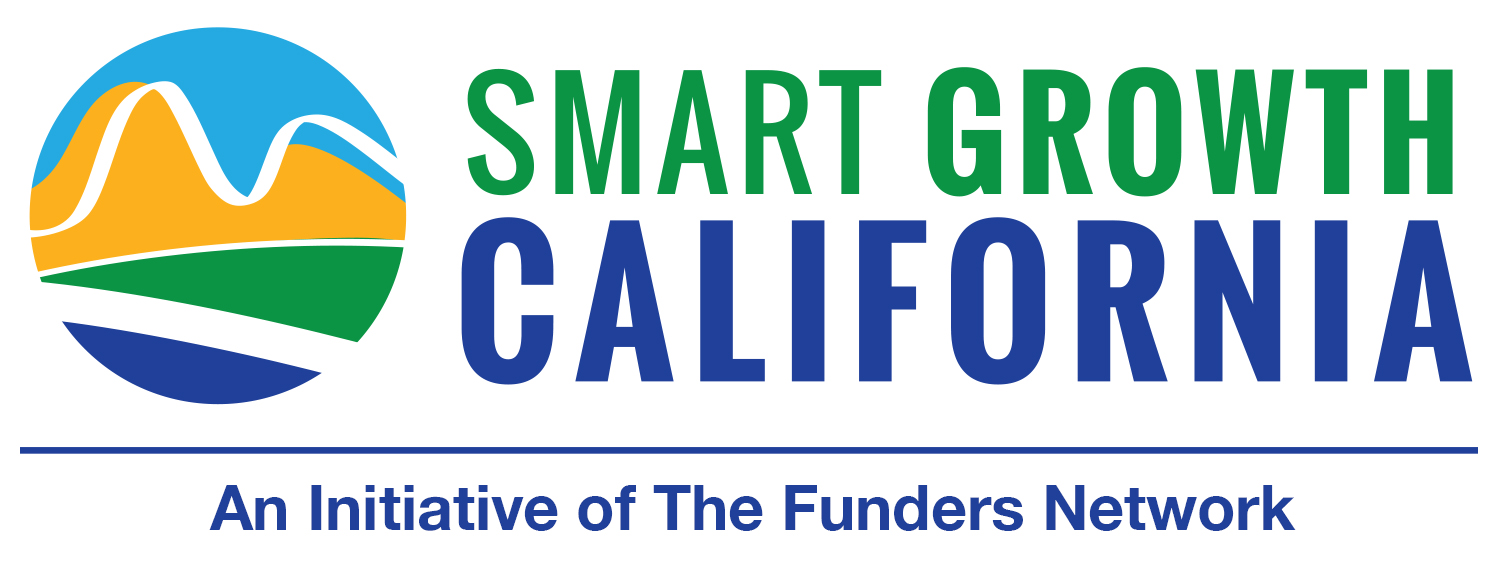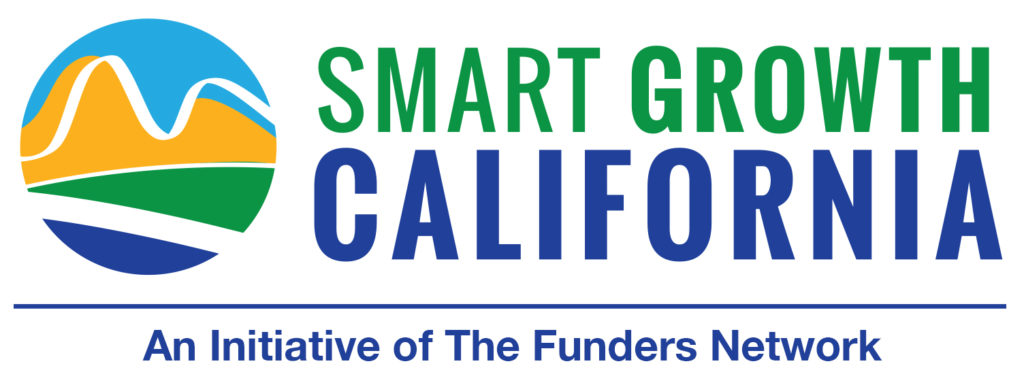Dates/Time
August 5, 2021
11:00 am-12:30 pm
For years, communities across California have been asking for greater investment on the issues that matter most, often feeling caught up in an endless battle between growing needs and dwindling resources. Yet unexpectedly, in 2021 – the year after the pandemic decimated the economy and destroyed millions of jobs and livelihoods – California finds itself in a surprising position, with a $76 billion budget surplus and $27 billion in federal aid. This once-in-a-generation $100+ billion windfall creates an unprecedented opportunity to invest in some of California’s greatest challenges.
Join us on August 5th at 11 am PST / 2 pm EST to learn how things have shaken out in the budget and how funders can engage to help ensure that investments are used to advance social equity and climate sustainability. You will hear presentations from Capital legislative staff on what was included in the budget and the corresponding trailer bills related to land-use, climate and equity priorities, and join breakouts groups with nonprofit partners go deeper and begin to think ahead towards opportunities and challenges for equitable implementation.
The topics we will cover include: housing and homelessness; natural resources/climate (including water and wildfire); and transportation. We will also share an update on AB1147, a bill that is looking to revamp Sustainable Communities Strategies.
Register here to join us for this important discussion on how funders can engage in this historic moment of investment for our state.
Speakers and Resources Include:
Housing and Homelessness
- Roger Dickinson, Local Government Commission
- Tina Rosales, Western Center on Law and Poverty
- Corey Brown, Resources Legacy Fund
Natural Resources and Climate
- Marie Liu, Office of the California State Assembly Speaker Anthony Rendon
- Kim Delfino, Earth Advocacy
- Juliet Christian-Smith, Water Foundation
Transportation and AB1147
- Michael Jarred, consultant to the Assembly Natural Resources Committee
- Roman Partida-Lopez, Greenlining Institute
- David Weiskopf, NextGen Policy

